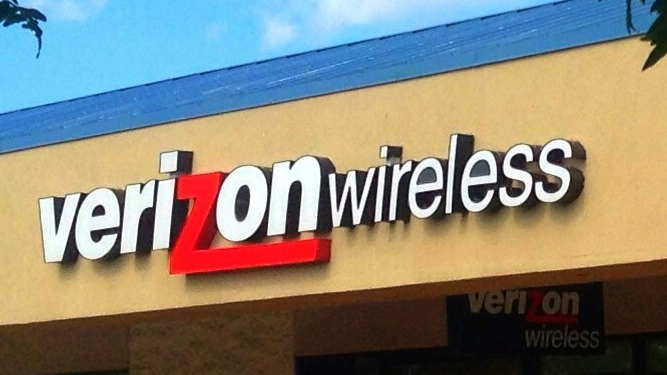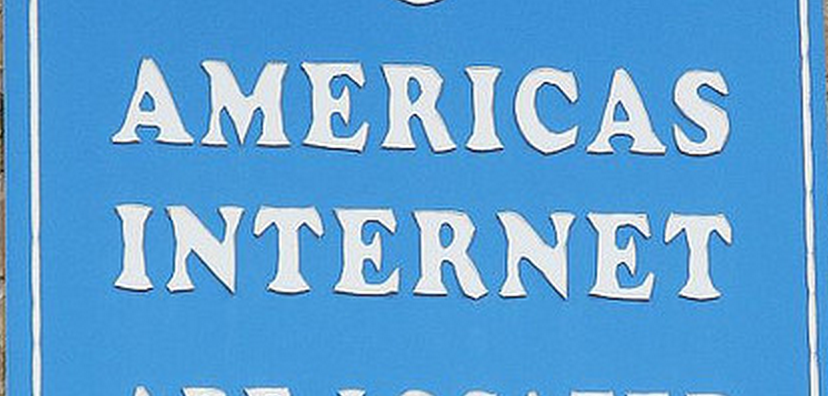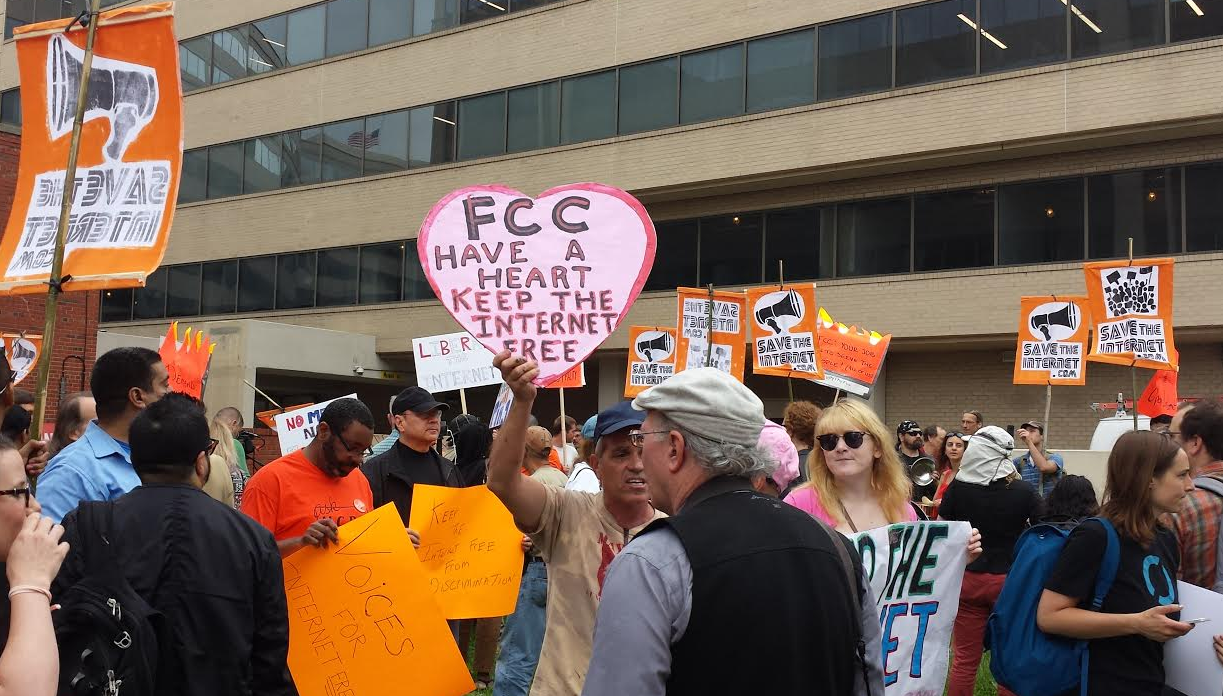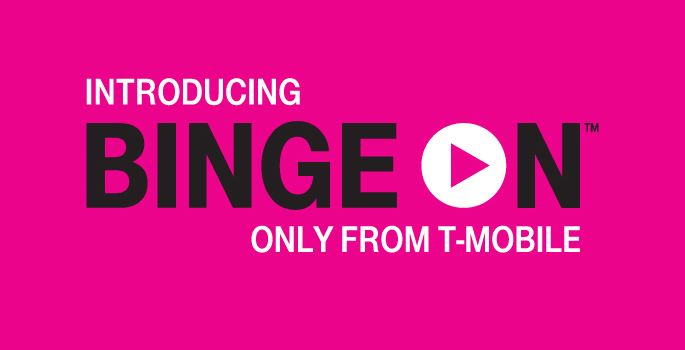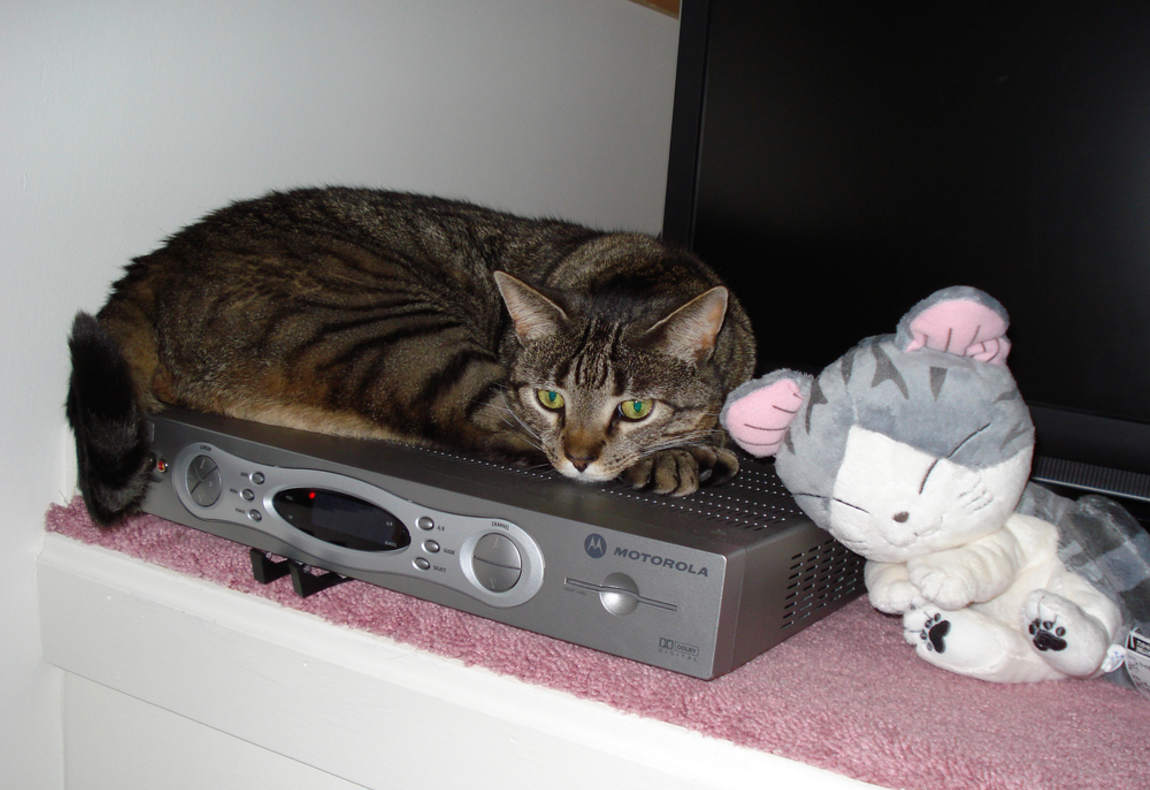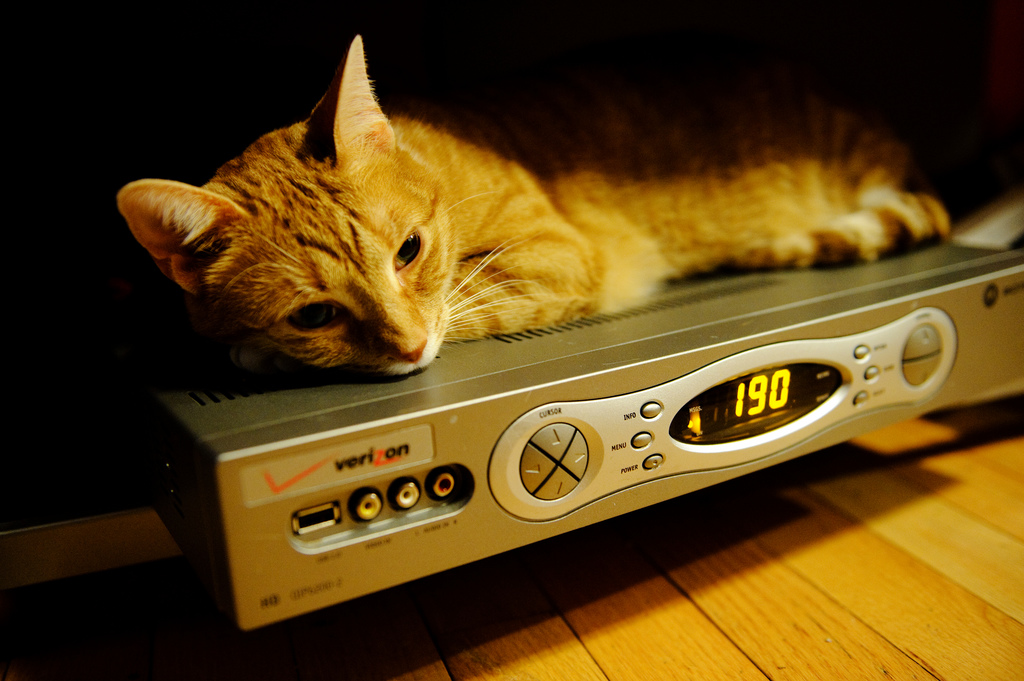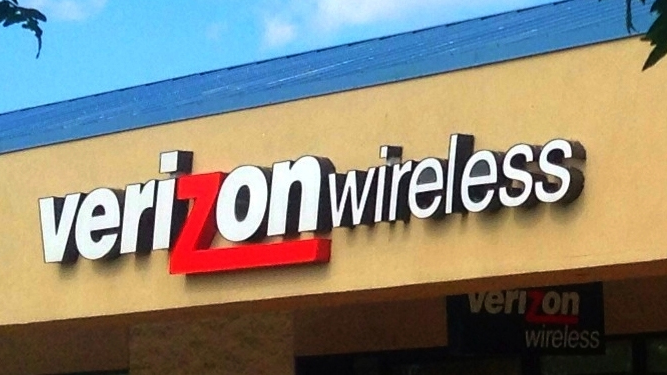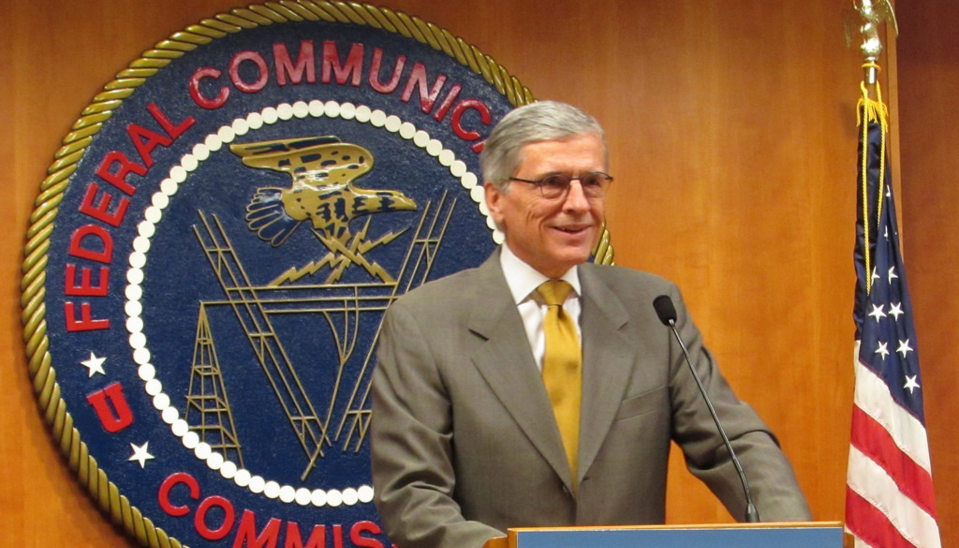In 2014 and 2015, Verizon caught a lot of attention for doing a couple of very sneaky things. One, they were inserting a little piece of code into all the web traffic on your phone to track your every digital move for advertising purposes. And two, they weren’t letting you opt-out of the tracking, even if you opted out of the ads. [More]
fcc

AT&T Sues Louisville To Make City Less Attractive To Google Fiber
Google hasn’t even decided whether or not it will bring its high-speed Fiber broadband and TV service to Louisville. The Kentucky city is currently listed as merely a “potential” Fiber market. But that hasn’t stopped AT&T from suing Louisville administrators in an effort to make sure that Google will have a tougher time if it chooses to launch there. [More]
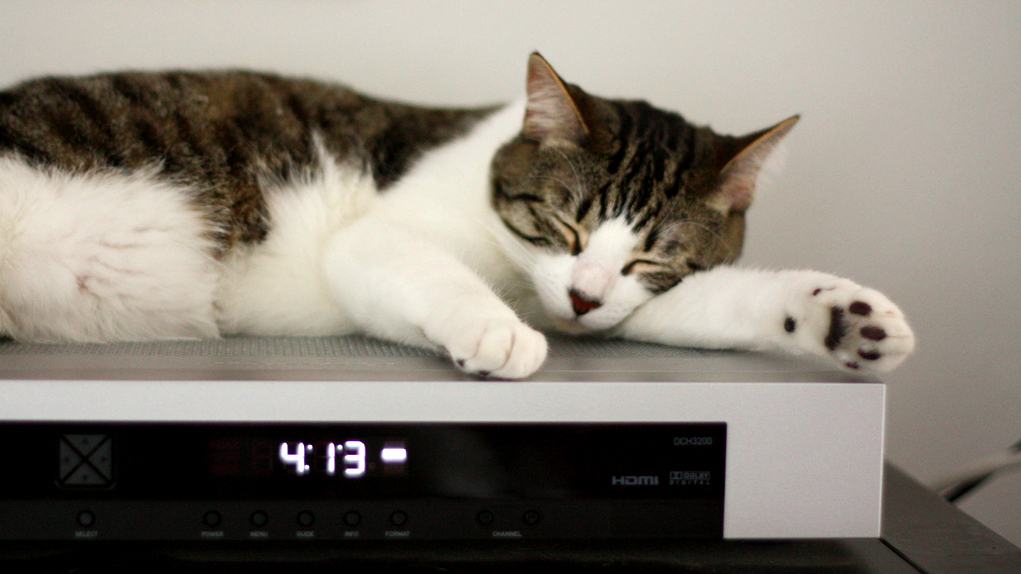
FCC Votes To Increase Competition For Set-Top Box Market
The FCC voted today to consider chairman Tom Wheeler’s new proposal for shaking up the set-top box market by, well, creating an actual competitive market that consumers have the option to use. [More]
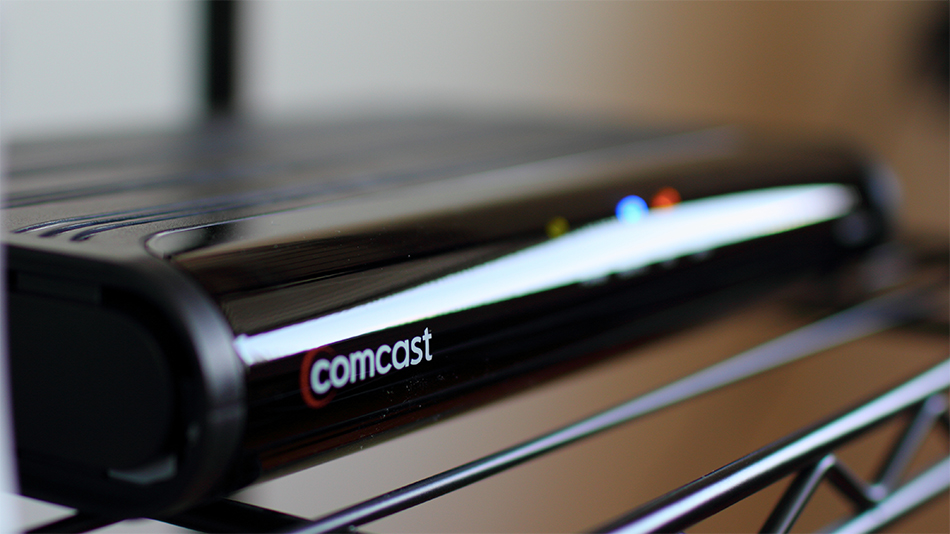
Comcast-Connected “Grassroots” Effort Claims Set-Top Box Competition Will Harm Diversity
With the FCC prepping to vote on new rules that aim to break up cable companies’ monopolies on set-top boxes, the pay-TV industry is fighting back with an astroturfing campaign that tries to make the case that having more choices in set-top boxes will somehow harm diversity in TV programming. [More]
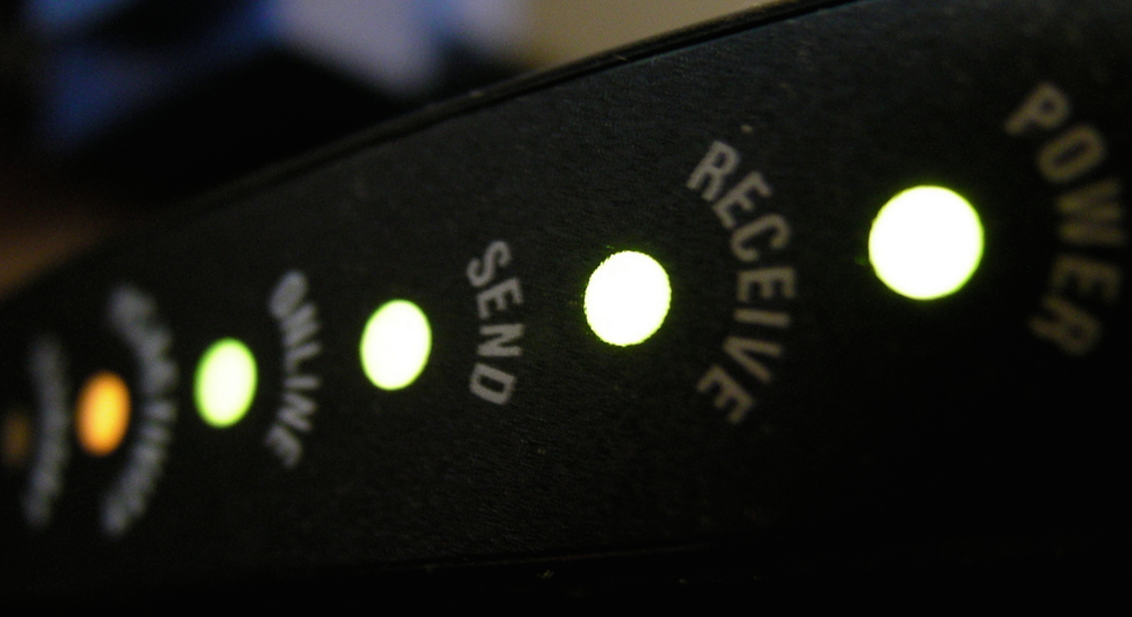
Senators Ask Why Cable Companies Continue Charging Customers For Modems They Don’t Have
We regularly hear from readers that their cable company — often Comcast — is charging them rental fees for equipment they either never owned or have already returned. A group of six U.S. lawmakers are calling on the FCC to look into this problem of consumers who face fees for phantom modems and other devices. [More]

4 Reasons Tribal Lands Lack Better Access To The Internet
According to the latest data from the FCC, more than two-thirds of people living in rural tribal lands currently lack access to decent Internet, nearly 30 percentage points higher than the rate for the rest of rural America. So what is it about these tribal lands that makes connecting so difficult? [More]

In Comcast Country, Set-Top Box Competition Will Hurt Innovation, Raise Prices
Earlier this week, FCC Chair Tom Wheeler proposed new rules intended to increase competition in the pay-TV set-top box market. Rather than paying hundreds of dollars a year to your cable company for a device you can’t get anywhere else, the idea is that you would be able to buy your own box and save money in the long run. Amazing, Comcast — which stands to potentially lose billions of dollars if this happens — is crying foul. [More]
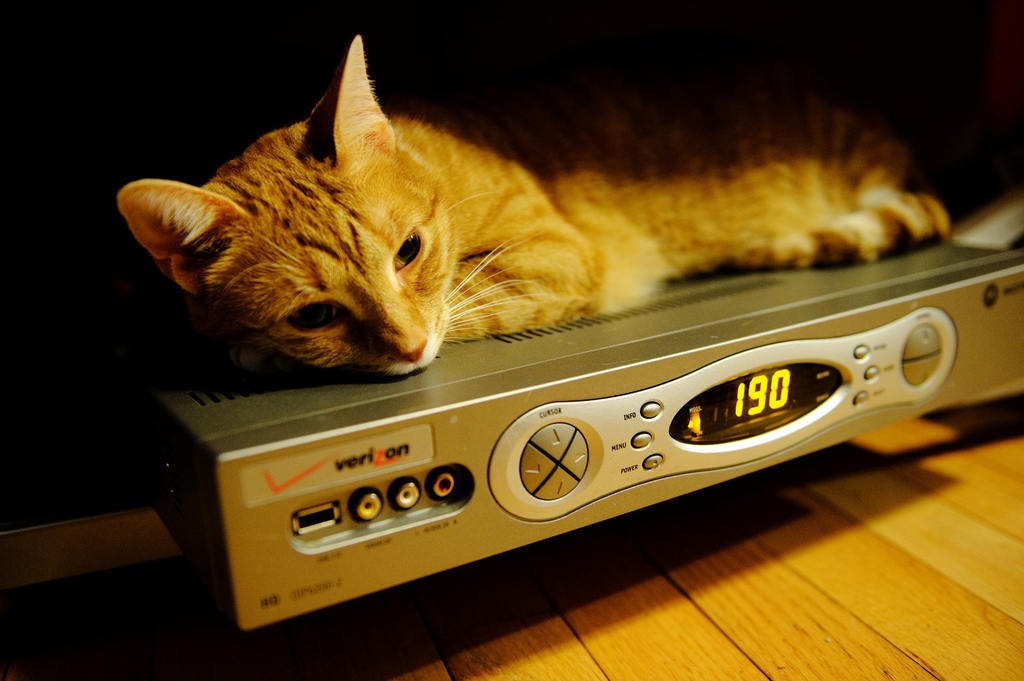
Groups Ask FCC To Reform Set-Top Box Market, Say New Rules Could Save Consumers Billions Every Year
While the cable industry hasn’t fessed up to how much it makes leasing set-top boxes to their customers, in July, lawmakers crunched some numbers and found that it could be a $20 billion industry, with consumers paying up to $232 every year on that equipment. Two advocacy groups are now asking the Federal Communications Commission to begin a rulemaking proceeding to reform the video set-top box market, saying cable and pay-TV companies are overcharging consumers by $6 billion to $14 billion annually. [More]

FCC Chair: 39% Of Rural America Lacks Broadband Access
If you live in the city, it’s almost a certainty that your property can get high-speed Internet access from at least one company. But for rural America, it’s a different story, with nearly 4-in-10 people lacking access to fixed-line broadband service. [More]

T-Mobile Execs Say YouTube Is “Absurd” For Complaining About Downgraded Video Quality
The war of words between T-Mobile and YouTube continues, with executives from the wireless company claiming it’s “absurd” that the streaming service should care so much about T-Mo downgrading the quality of YouTube videos. [More]
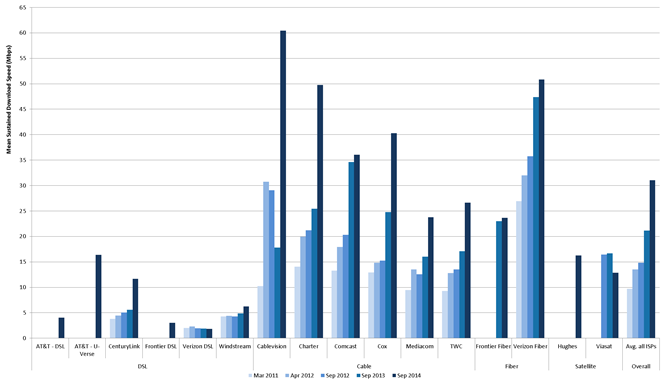
FCC: Cable Internet Is Getting Faster, But DSL & Satellite Still Likely To Miss The Mark
The FCC’s job — well, one of the FCC’s jobs — is to make sure that everyone has access to decent broadband connections. You can’t understand what you can’t measure, though, so as part of that, the commission has to measure just how broadband is holding up. They issue a report, called Measuring Broadband America, roughly once a year to share their findings. The new one, the fifth, has just been released and while there’s still a lot of room for improvement, on the whole it seems to be a high note on which to end the year. [More]


